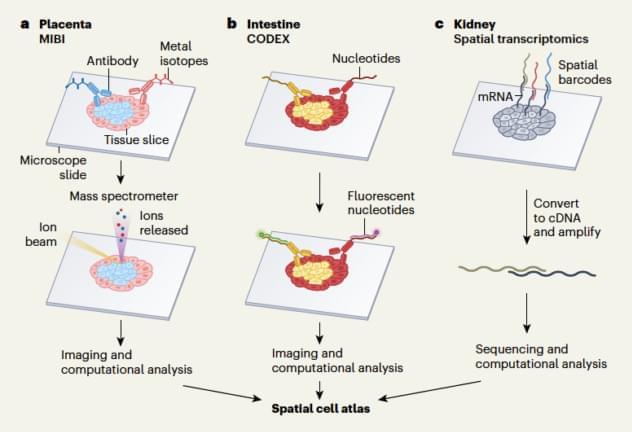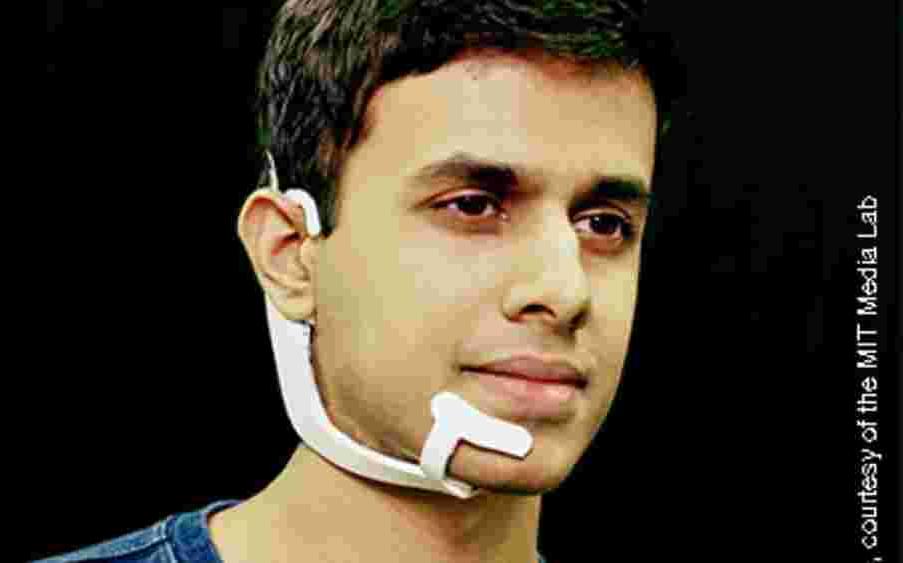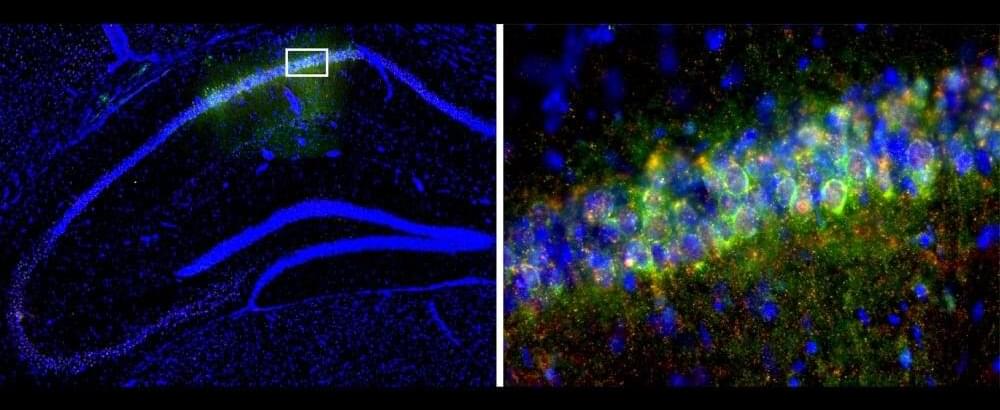A consortium of scientists has just published an atlas of remarkable images of three human organs, each vital in their own way, showing how cell types are arranged and interact.
The result: Glittering, kaleidoscopic blueprints lit up by fluorescent dyes that reveal new intimacies about our bodies and reshape our understanding of human biology and disease like never before.
As you can see in the diagram below, researchers generated the cell atlases in three ways.







